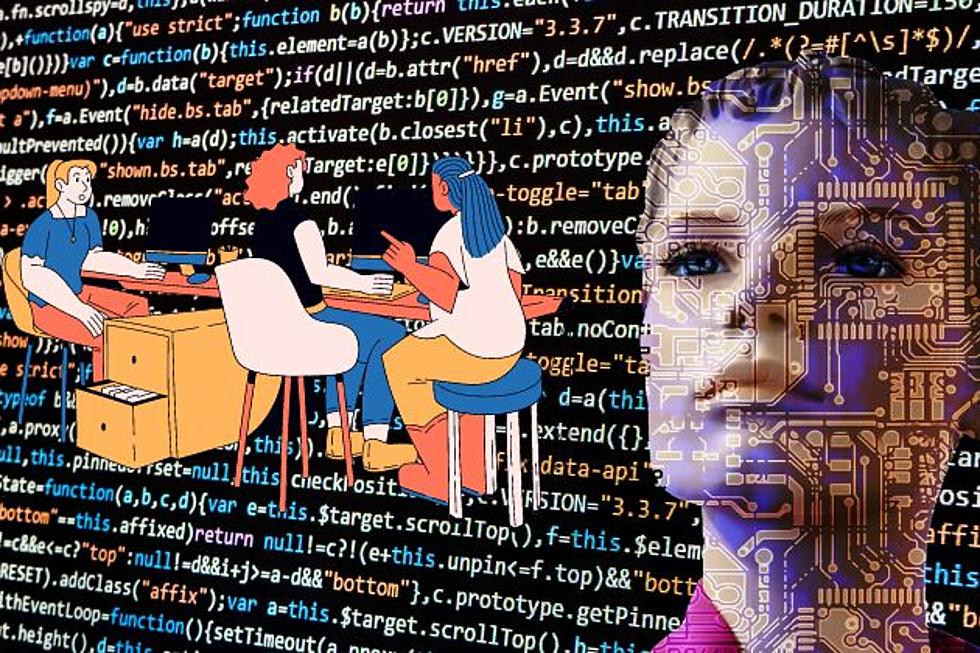
Artificial intelligence in the workplace — NJ lawyer discusses the threats
💻 AI could be used to pick the best hire, or who deserves a promotion
💻 You can't always trust what the public-access platforms pump out as "facts"
💻 The prevalence of AI in the workplace is expanding rapidly
You've probably already seen the power of artificial intelligence tools such as ChatGPT. So you can imagine the difference it could make in the workplace.
But you actually don't have to imagine. AI is already in use by employers for a number of reasons, from analyzing data to choosing people to hire — so much so that employment attorneys in the Garden State have had to become experts on the potential risks.
"I get calls almost on a daily basis about this," said Jay Sabin, a partner in the Labor and Employment Practice at Brach Eichler in Roseland. "AI is moving as fast as a jackrabbit in the workplace."
But even the AI programs themselves will tell anyone who asks that there are inherent risks involved with introducing the futuristic technology into the professional industry — a balance between human and machine involvement is key.
The use of AI has already been a topic of discussion in the New Jersey Legislature, where a proposed law would put a close eye on automated tools that are used by employers during the hiring process. The concern is that a such a tool could be picking up on certain keywords or cues that force it to, for example, exclude women or people of color when filtering applications.
Earlier this year, New York City enacted a first-of-its-kind law regulating hiring tools that are powered by AI. Through it, job candidates must be notified when these tools are being used, and the tools need to undergo a bias audit on a yearly basis.
"The rules that New York City has adopted will be spreading throughout the country," said Sabin, who works with clients to ensure that their AI tools aren't disproportionately screening out certain groups of people.
Beyond hiring, AI may also be used by employers for staffing decisions such as which worker deserves a promotion, or which assignment should be assigned to which worker.
Using ChatGPT
The general public more widely knows AI for its ability to create content — give the machine a prompt, and it can pump out answers, or an entire essay, in an instant.
That may be impressive, but it's not always reliable. Human guidance and intervention is necessary, Sabin said, to ensure that the content pumped out by AI isn't plagiarized, or simply made up.
"It's up to the company to make sure that the content isn't part of someone else's property," he said.
A lawyer in New York recently made headlines for filing a court brief packed with made-up court law that was presented to him through ChatGPT.
While employees may use public-access platforms such as ChatGPT, employers using AI more than likely purchased access to more advanced versions of AI tools.
Sabin said companies would be wise to analyze the different options before purchasing access. For one, a company wants to make sure that an AI platform won't share its confidential information with other users or third parties.
Report a correction 👈 | 👉 Contact our newsroom
LOOK: Where people in New Jersey are moving to most
LOOK: Famous actresses from New Jersey
LOOK: Famous actors from New Jersey
More From New Jersey 101.5 FM









